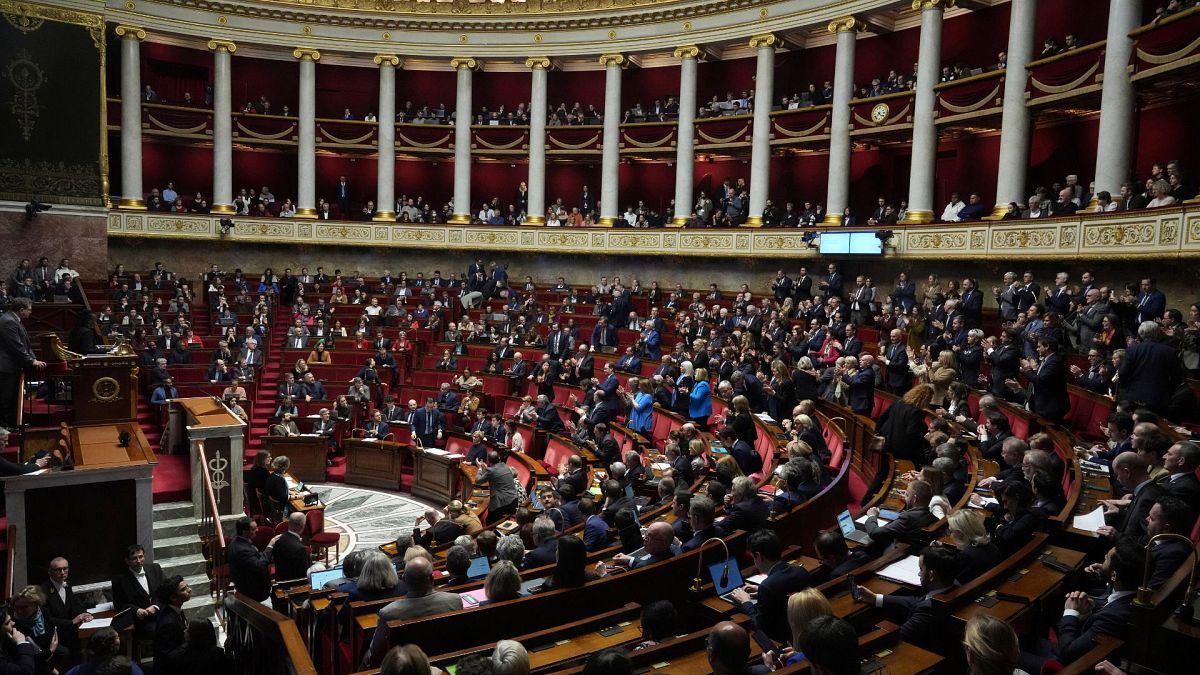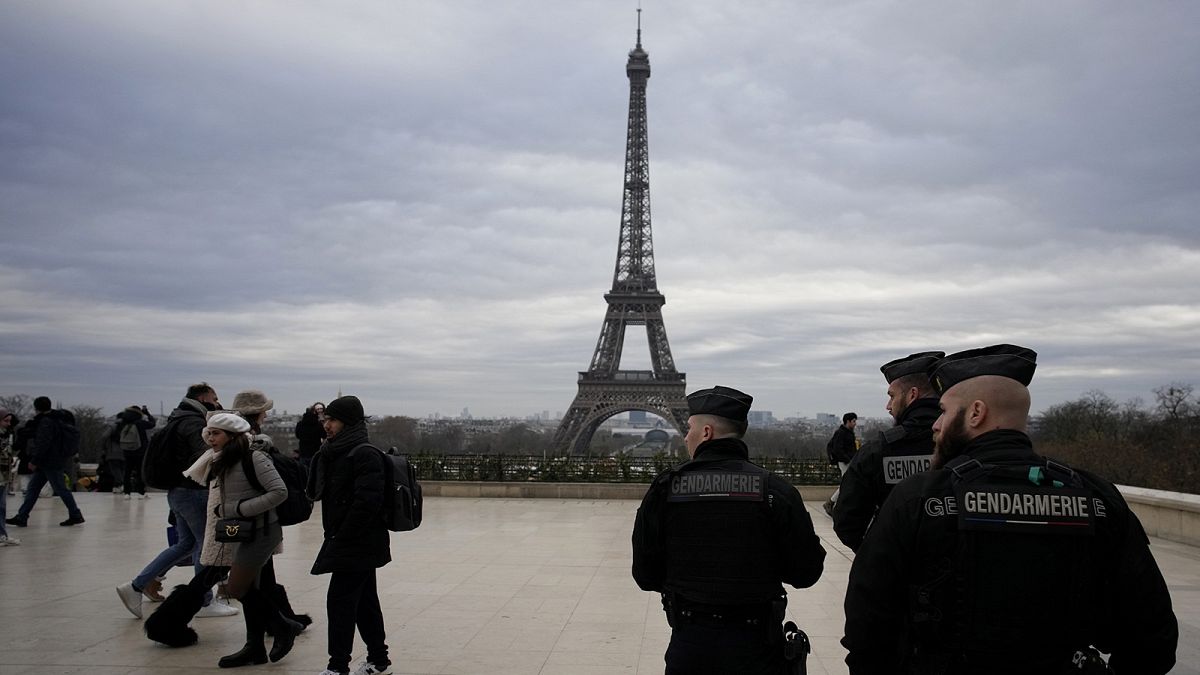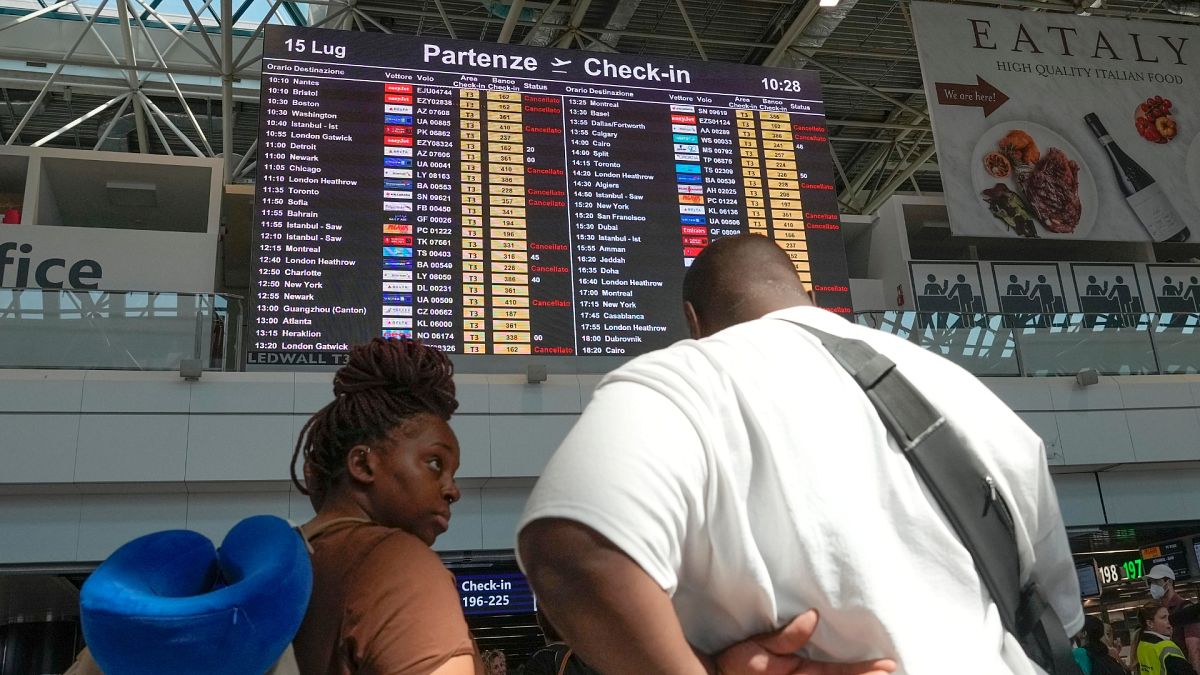“We’ll miss the technology train if we miss this one today,” one expert told Euronews Next.
France’s government collapse this week has “destroyed the confidence” that the country’s technology and innovation sector has taken years to build, one European start-up organisation told Euronews Next.
Michel Barnier resigned as prime minister following a vote of no confidence by members of parliament on Wednesday after he pushed through the first part of the country’s budget without a vote in the lower house of France’s parliament.
It leaves France without a government and just one month to pass the budget for next year. The current reality is not reassuring for companies and start-ups who depend on initiatives that support them and leaves them in limbo for their own financial planning.
“They are changing the rules of the game overnight and it’s destroying the stability,” said Maya Noël, the director of European start-up lobby France Digitale.
“What we need is to have some visibility, to have tax stability to feel that at least for the mid-term we know what we are playing,” she added.
France’s Assemblée nationale has been in flux since President Emmanuel Macron called for a snap election in June, which resulted in a divided parliament.
Noël said that since then, venture capital has refrained from investing and companies have been prevented from hiring due to financial uncertainty.
“It’s a vicious circle, and that’s what’s worrying today: you wait for the new [prime minister], you lose more, you wait more, you lose confidence,” she said.
Missing the tech train
According to the Draghi report released in September, the time is now for Europe to refocus its collective efforts to close the innovation gap with the United States and China, particularly in technology.
“We’re very concerned about the fact that we’re at a very important momentum for France and Europe, which is documented in the Draghi report,” said Véronique Torner, president of Numeum, a union which represents French tech companies.
“There’s a link between this lag in competitiveness and a lag in innovation, new technologies, and, in particular, digital technology. We’re now at a point where we’re once again seeing a major disruption in the form of artificial intelligence,” she told Euronews Next.
When companies do badly, the whole country does badly. Véronique Torner, president of Numeum
“If we don’t create this momentum of acceleration, it’s really going to be very, very worrying for us, because it’s a race that’s excessively fast and we won’t be able to catch up. In fact, we’ll miss the technology train if we miss this one today,” she added.
France has a lot to lose when it comes to its tech sector. The country ranks second in Europe among the world’s most innovative countries, according to the Global Innovation Index, published by the World Intellectual Property Organisation (WIPO).
In recent years, innovation has had a massive push from the government with schemes such as “France 2030,” – a plan worth €54 billion over five years, which aims to develop industrial competitiveness and technology.
Noël said many start-ups depend on this fund, especially the deep tech sector. But today, with no prime minister or government in place, “it is impossible to carry on this investment”.
In a televised address on Thursday evening, Macron refused to step down as president and indicated he will stay until his mandate ends in 2027.
He also said that a new prime minister would be named in the coming days.
“I’m calling on our president to assume his responsibilities. He’s going to appoint a new team. But we all know that the game is being played today with the parliamentarians, who must assume their responsibilities and create a climate that will enable us to make decisions for our future,” said Torner.
However, the new prime minister will face the near-impossible task of uniting a divided parliament.
Barnier steered a fragile minority government made up of centrist parties loyal to Macron and the right-wing Les Républicains party (LR).
But their alliance was informal and 77 seats shy of an absolute majority, with the far-right National Rally RN party the biggest party in France’s lower house.
She said that waiting for a presidential election is “a game of party politics” which she said is “dangerous” for the country.
“When companies do badly, the whole country does badly. The whole economy will be penalised. And when it comes to the economy as a whole, it’s all citizens because the country’s lifeblood is its businesses,” she added.
Read the full article here
















